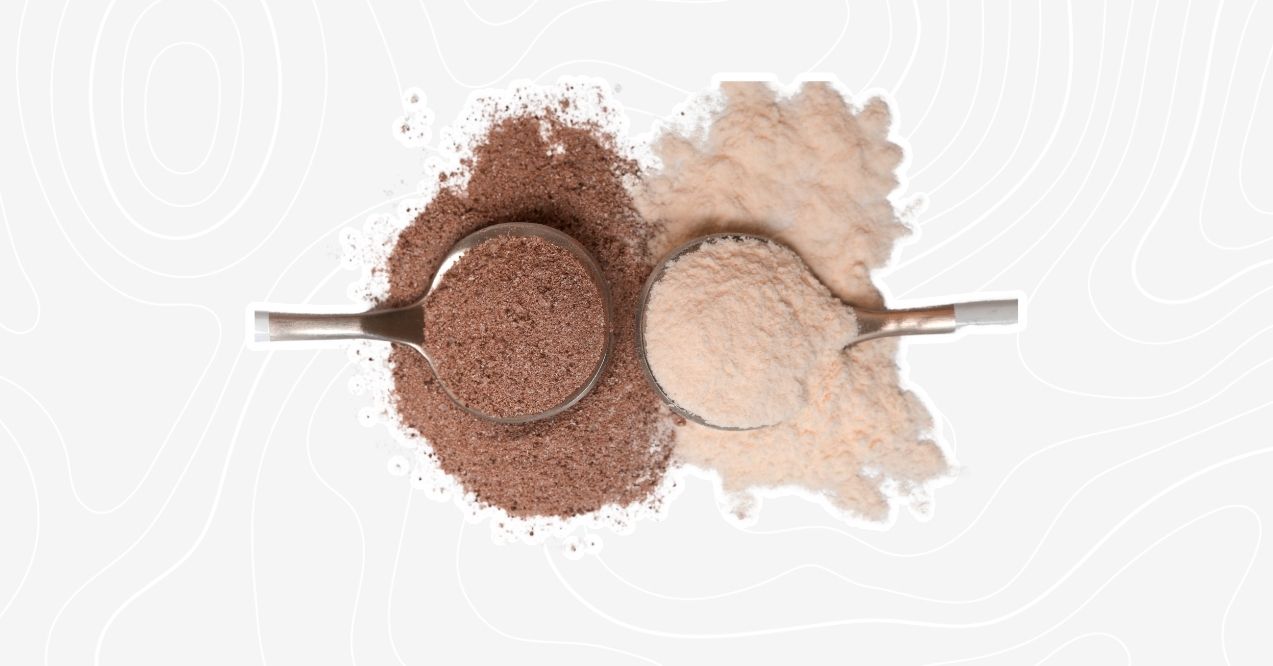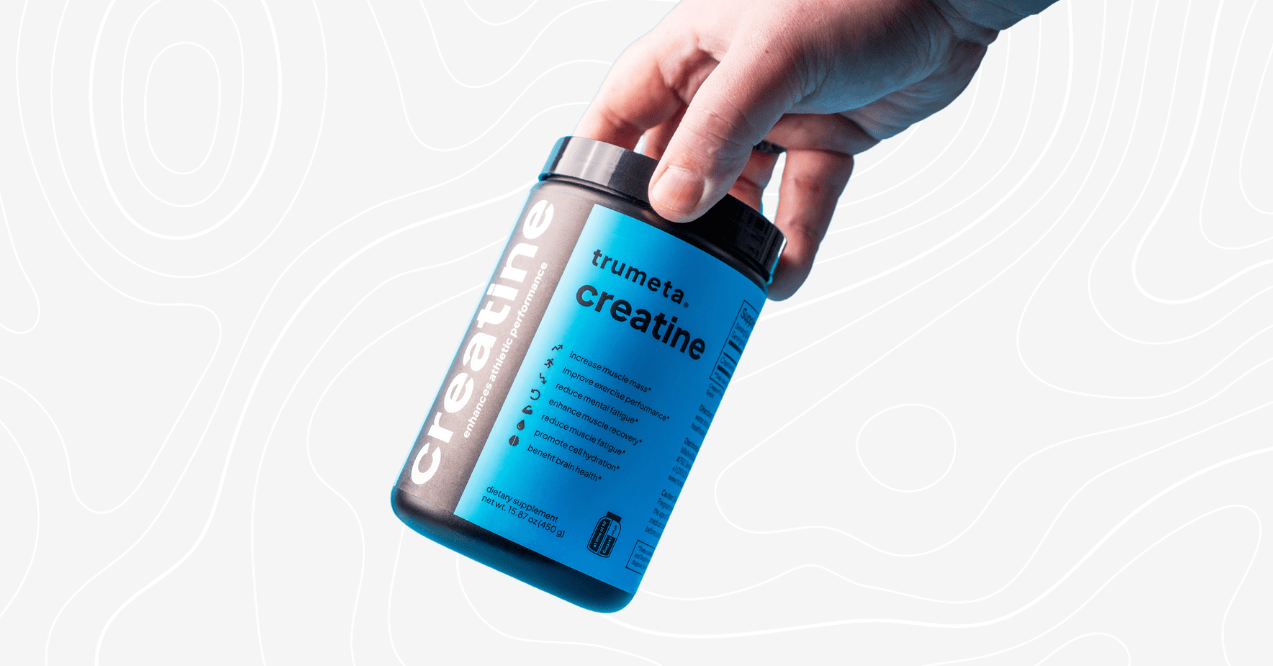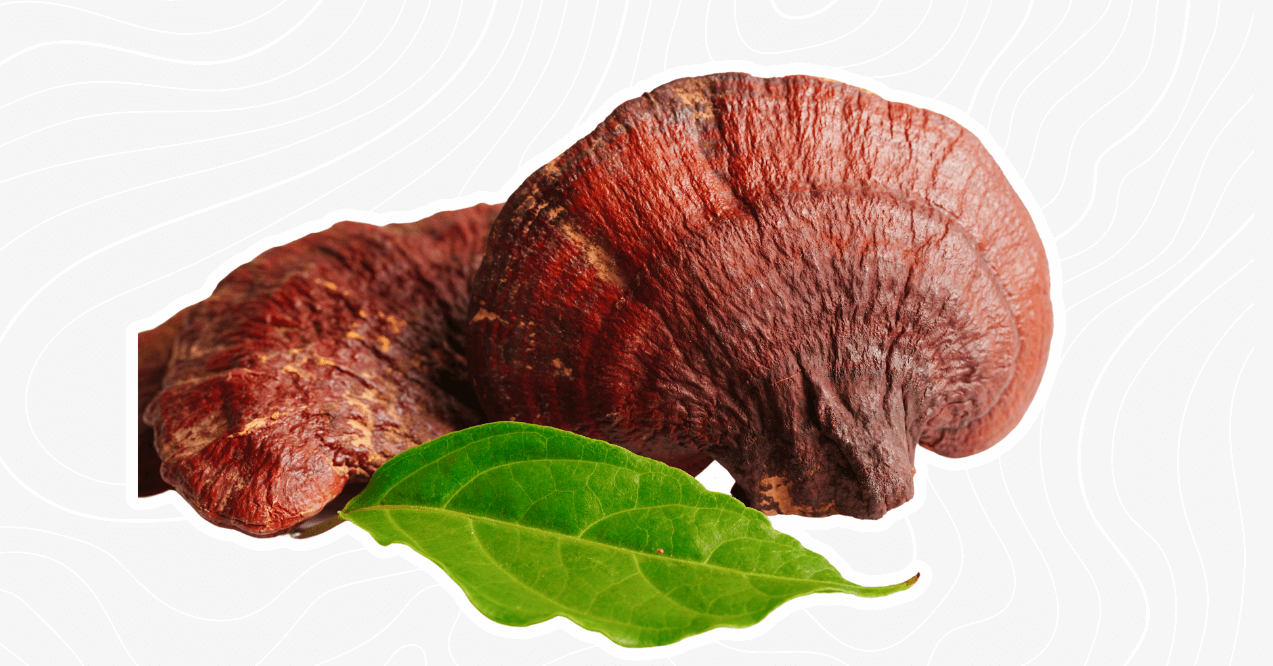

Can You Take Collagen and Bone Broth Together?
Can you take collagen and bone broth together? The world of health and wellness is constantly evolving, with new trends and products emerging all the time. Bone broth and collagen are two such substances that have gained popularity in recent years, often touted for their potential health benefits. While they are often mentioned in the same context, it is important to understand that they are two distinct substances with their own unique properties and benefits.
How much collagen is in bone broth? The actual amount of collagen in bone broth can vary significantly depending on factors such as the types of bones used, the cooking time, and the method of preparation. Additionally, bone broth supplements can offer a concentrated source of these nutrients, making it easier to incorporate into your diet.
Therefore, in this blog post, we will delve into the intricacies of these two substances, exploring their distinct characteristics and the potential synergies that arise when combined. We will also unveil practical tips for seamlessly incorporating them into your everyday diet, empowering you to reap their health-promoting effects. For those seeking a deeper understanding of bone broth and collagen, this comprehensive guide will illuminate their roles in achieving holistic well-being.
Are Bone Broth and Collagen Identical?
Is bone broth and collagen the same thing? This question often perplexes many health enthusiasts, as both bone broth and collagen seem to be associated with similar health benefits. However, they are not identical substances, and understanding the distinctions between the two is essential to make informed choices for your wellness routine. Therefore, in this section, we will delve deeper into both bone broth and collagen, providing you with a comprehensive understanding of each.
In essence, collagen is a structural protein found in our bodies, making up a significant portion of our skin, hair, nails, and connective tissues. While collagen supplements have gained popularity for their potential to improve skin elasticity, joint health, and more, they are derived from animal connective tissues or fish scales through a specific extraction process.
On the other hand, bone broth is a liquid made by simmering animal bones, connective tissues, and sometimes vegetables for an extended period. This slow-cooking process extracts nutrients, including collagen, gelatin, and minerals, from the bones. While bone broth does contain collagen, it also offers a range of other nutrients that may have distinct health benefits.
As we delve deeper into the characteristics, production methods, benefits, and drawbacks of both bone broth and collagen, you’ll gain a clearer picture of how they differ and whether combining them in your diet is a wise choice for your health and well-being.
What is Collagen?

Collagen is an abundant protein that forms the structural framework of our body, providing strength and support to various tissues and organs. Its name is derived from the Greek words “kólla,” which means “glue,” and “gen,” which means “producing.” This is aptly named, as collagen indeed acts like a natural glue that holds our body together.
Moreover, collagen is a fibrous protein consisting of long chains of amino acids, primarily glycine, proline, and hydroxyproline. It is the most abundant protein in the human body and plays a pivotal role in maintaining skin health, promoting joint function, and aiding in tissue regeneration. Here’s a closer look at collagen’s functions:
- Skin health – Collagen is the main structural component of our skin, providing it with elasticity and firmness. It helps to minimize wrinkles and fine lines, keeping our skin looking youthful.
- Joint function – Collagen is a crucial component of cartilage, which cushions our joints and ensures smooth mobility. It may help alleviate achy joints and improve overall joint health.
- Wound Regeneration – When injuries occur, collagen plays a vital role in the reformation process by forming a framework for new tissue growth. It’s essential for wound and tissue regeneration.
How It’s Made
In the human body, collagen is synthesized through a complex process that involves various enzymes and cofactors. Here is a simplified overview:
- Amino acids, primarily glycine, proline, and hydroxyproline, are produced from the proteins we consume.
- These amino acids are then combined to form procollagen within specialized cells called fibroblasts.
- Enzymes modify procollagen by adding hydroxyl and glycosylation groups.
- The modified procollagen molecules are then secreted into the extracellular matrix, where they undergo further enzymatic processes to form mature collagen fibrils.
Benefits
Collagen offers an array of potential benefits, including:
- Improved skin elasticity and hydration.
- Enhanced joint mobility and reduced discomfort.
- Support for hair and nail health.
- Potentially alleviating digestive issues like a leaky intestinal barrier.
Drawbacks
While collagen is generally considered safe and well-tolerated, it is essential to be aware of potential drawbacks:
- Allergic reactions in some individuals.
- Lack of vegetarian or vegan options, as it’s primarily sourced from animal connective tissues.
- Cost can be a limiting factor for some, as high-quality collagen supplements can be expensive.
Understanding the synthesis, benefits, and potential drawbacks of collagen is crucial as we explore its compatibility with bone broth in the context of our health and wellness journey.
What is Bone Broth?

Bone broth is a rich, savory liquid that is made by simmering animal bones, connective tissues, and sometimes vegetables in water for an extended period, typically ranging from 12 to 48 hours. This slow-cooking process allows for the extraction of a wide array of nutrients and compounds from the bones and tissues, resulting in a flavorful and nutrient-dense broth. Bone broth has a long history of culinary and medicinal use in various cultures worldwide.
Key Nutrients and Compounds:
- Collagen – As mentioned earlier, bone broth contains collagen, a protein that contributes to its gelatinous texture and potential health benefits.
- Minerals – Calcium, magnesium, and phosphorus are leached from the bones during cooking, providing essential minerals for bone health.
- Amino Acids – Bone broth is a source of various amino acids, including glycine and proline, which play vital roles in immune function and tissue regeneration.
- Gelatin – Gelatin derived from collagen can support digestive health and skin elasticity.
- Glycosaminoglycans (GAGs) – These compounds, found in bone broth, may help promote joint health and skin elasticity.
How It’s Made
There are a few different ways to make bone broth. The traditional method involves simmering bones in water for several hours. You can also make bone broth in a pressure cooker, which will shorten the cooking time.
Here are the basic steps for making bone broth:
- Select a variety of animal bones, such as chicken, beef, or fish, along with connective tissues and, optionally, vegetables and herbs.
- Simmer these ingredients in water over low heat for an extended period, typically 12-48 hours, to extract their nutrients and flavors.
- Strain the liquid to remove solid particles, resulting in a clear, flavorful broth.
Benefits
Bone broth is a nutrient-rich liquid that is said to have a number of health benefits. Some of the potential benefits of bone broth include:
- Support for digestive health.
- Improved joint function and potentially alleviating discomfort.
- Amino acids and collagen for skin, hair, and nail health.
- A nourishing and comforting addition to one’s diet.
Drawbacks
Bone broth is a nutrient-rich liquid that can be enjoyed by most people. However, there are a few potential drawbacks to be aware of, including:
- High in sodium: Bone broth can be high in sodium, especially if you use store-bought bone broth.
- May not be effective for everyone: Bone broth may not be effective for everyone. Some people may not be able to tolerate the high level of gelatin or the other ingredients in bone broth.
Can You Take Collagen and Bone Broth Together? Potential Advantages

While addressing the question “Can you take collagen and bone broth together?” it is also important to explore the synergistic effects that these two dietary elements can have on joint health, skin health, and overall well-being. Both collagen and bone broth contain essential nutrients that complement each other, making them a powerful combination for a variety of health benefits. Scientific evidence supports the potential advantages of consuming these together.
- Joint Health – Collagen provides the amino acids glycine and proline, which support cartilage and joint health. Bone broth, on the other hand, supplies gelatin, glucosamine, and chondroitin, all known to promote joint function. Together, they offer a comprehensive profile for maintaining healthy joints.
- Skin Health – Collagen is renowned for revitalizing skin elasticity and hydration. When combined with the collagen extracted from bone broth, the skin can potentially benefit from a broader spectrum of amino acids, glycosaminoglycans (GAGs), and nutrients, possibly leading to improved skin health.
- Overall Wellness – Collagen and bone broth each offer unique nutritional contributions. Collagen supplements typically provide 2,500 to 10,000 mg per day, while a daily cup of bone broth can provide an additional dose of collagen, gelatin, and other beneficial compounds. This combination may support overall wellness, including digestive health and immune function. How much collagen is in bone broth is a common question that people have about this nutrient-rich food. The amount of collagen in bone broth can vary depending on the type of bones used and the length of cooking time. However, a typical cup of bone broth contains around 5 to 10 grams of collagen.
However, it is essential to consult with a healthcare professional or nutritionist to determine the optimal dosage of collagen and bone broth for your specific needs. The right balance can vary from person to person based on individual health goals and dietary preferences.

How to Use Bone Broth and Collagen?
Incorporating collagen and bone broth into your daily routine is easier than you might think, offering a range of delicious and nutritious options.
- Morning Routine – Start your day with a warm cup of bone broth. You can add collagen powder to your coffee, tea, or smoothie for an extra boost of nutrients, making your morning ritual even more rejuvenating.
- Soup and Stews – Mix bone broth with collagen to make collagen bone broth that serves as an excellent base for soups and stews.
- Sauces and Gravies – Incorporate bone broth into sauces and gravies to infuse depth and richness. Mixing in collagen powder helps to thicken these preparations while providing its skin-revitalizing benefits.
- Beverage Enhancements – Get creative by adding collagen to various beverages like hot chocolate, matcha lattes, or even fruit smoothies. This not only enriches the taste but also contributes to your daily collagen intake.
- Baking – Try adding collagen powder to your baked goods such as muffins, pancakes, or energy bars. It’s an excellent way to sneak in an extra dose of this protein without altering the taste.
Remember to adjust the dosage of collagen and bone broth to meet your specific dietary needs and preferences. By creatively incorporating these two elements into your recipes, you can enjoy their combined benefits while savoring a diverse range of flavors and textures in your meals.
Trumeta Bone Broth Protein
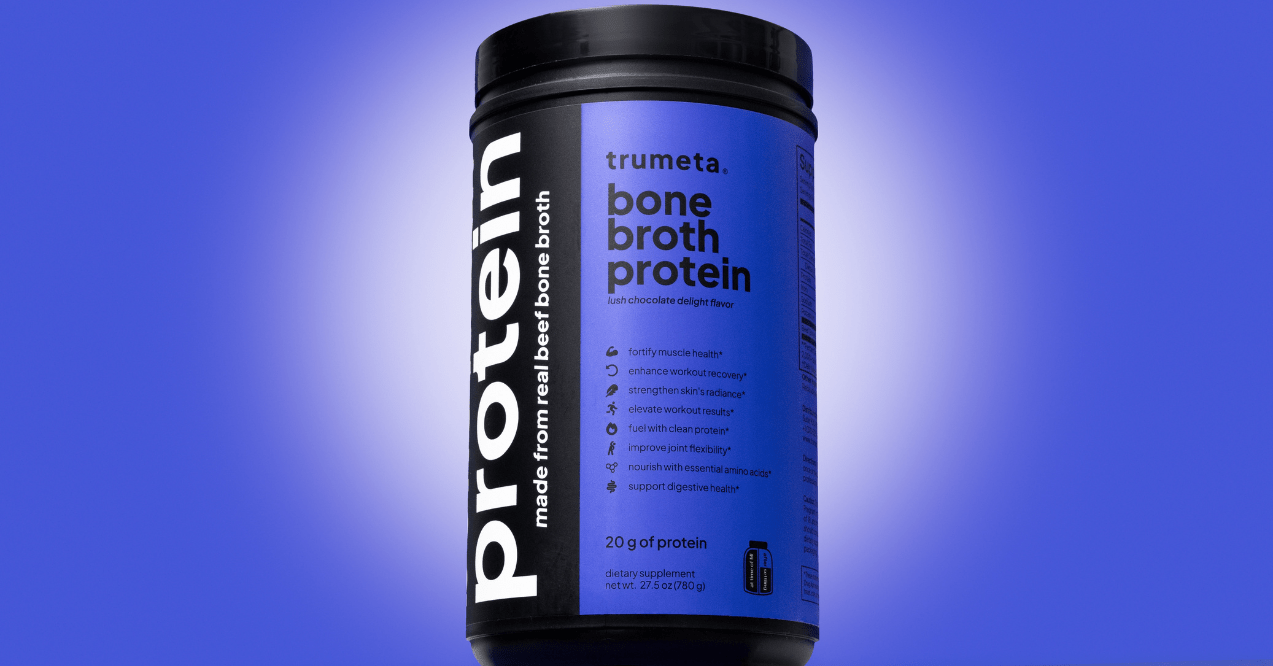
Trumeta bone broth protein stands out for anyone needing a high-quality protein boost. With a 98% purity level, it’s top-notch compared to others. This bone broth protein isn’t just about muscles; it also sharpens your mind and keeps your skin smooth. Plus, it’s perfect for post-workout recovery and improving overall strength.
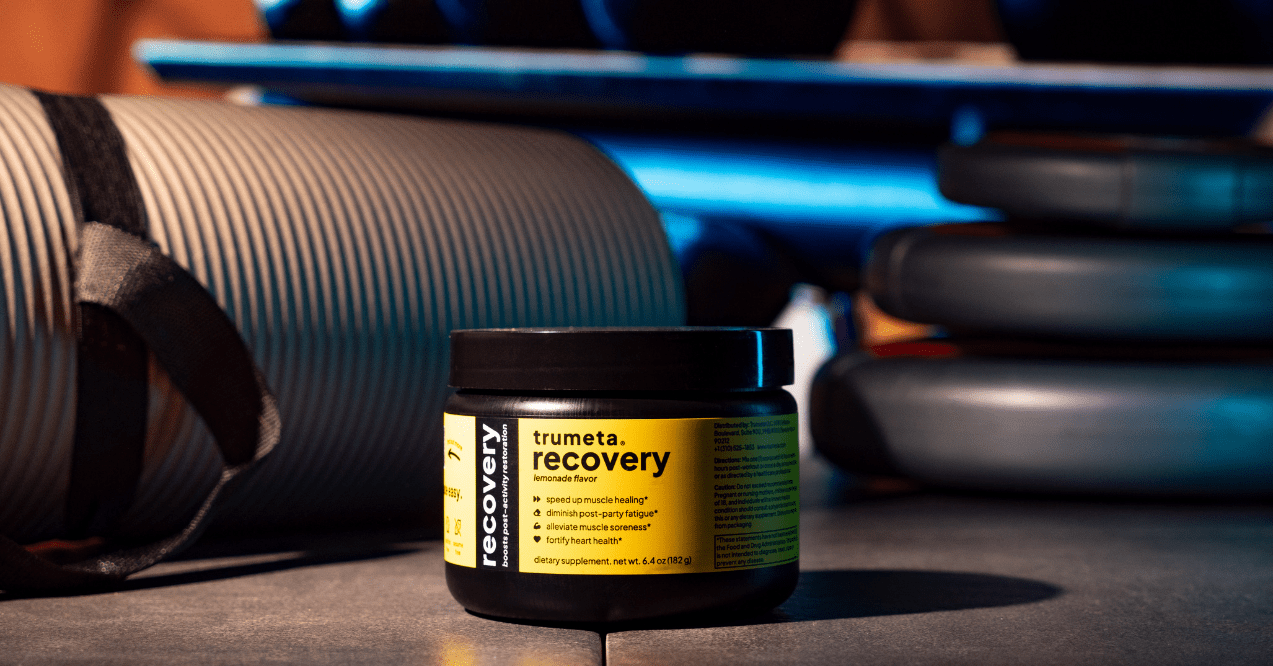
What makes Trumeta special? It’s free from common allergens in its unflavored version, and even the chocolate flavor, which includes coconut, keeps things natural and simple. Whether you’re at the gym looking to bulk up or just want to keep your joints and skin healthy, Trumeta has got you covered. It packs in over 30 essential amino acids, vitamins, and minerals, making sure you’re not missing out on anything.
Forget about fillers or unnecessary additives. Trumeta uses beef bones, just like homemade broth, then dehydrates them into a tasty, nutrient-rich powder that’s easy to take on the go. The natural cocoa flavor makes getting your protein not just beneficial but enjoyable too.
So, if you want to support your muscle growth, ease joint pain, strengthen your bones, and boost your brain function, trumeta bone broth protein is the way to go. It’s straightforward, effective, and designed for anyone looking to improve their health and performance.
Key Takeaways
- Collagen and bone broth are not identical; they are distinct substances with unique properties and potential benefits.
- Collagen is a structural protein crucial for skin health, joint function, and tissue regeneration, synthesized in our bodies through a complex process.
- Bone broth is a nutrient-rich liquid made by simmering animal bones and connective tissues, deeply rooted in various culinary traditions worldwide.
- Collagen and bone broth offer a range of health benefits, including support for skin and joint health, digestive wellness, and overall vitality.
- When consumed together, collagen and bone broth can complement each other, potentially strengthening joint and skin health, as well as overall well-being.
- Consult with a healthcare professional to determine the optimal dosage of collagen and bone broth for your specific needs.
In conclusion, understanding the unique characteristics and benefits of collagen and bone broth empowers you to make informed choices about incorporating them into your diet. When used thoughtfully, these dietary additions can contribute to a holistic approach to health and wellness.
The collagen content in bone broth varies depending on factors like cooking time and ingredients. On average, a cup of bone broth may contain 5-10 grams of collagen.
No, bone broth and collagen are not the same. Collagen is a protein, while bone broth is a liquid made by simmering animal bones and tissues. Bone broth contains collagen, but it also offers a broader range of nutrients.
Foods rich in collagen include bone broth, chicken skin, pork skin, and fish skin. Additionally, collagen supplements, made from animal connective tissues or fish scales, are available to boost collagen intake. Incorporating these foods into your diet can support skin, joints, and overall health.
Advertisement. This site offers health, wellness, fitness and nutritional information and is designed for educational purposes only. You should not rely on this information as a substitute for professional medical advice, diagnosis, or treatment. If you have any concerns or questions about your health, you should always consult with a physician or other health-care professional. Do not disregard, avoid or delay obtaining medical or health related advice from your health-care professional because of something you May have read on this site. The use of any information provided on this site is solely at your own risk.
Advertisement. This site offers health, wellness, fitness and nutritional information and is designed for educational purposes only. You should not rely on this information as a substitute for, nor does it replace, professional medical advice, diagnosis, or treatment. If you have any concerns or questions about your health, you should always consult with a physician or other health-care professional. Do not disregard, avoid or delay obtaining medical or health related advice from your health-care professional because of something you may have read on this site. The use of any information provided on this site is solely at your own risk.
